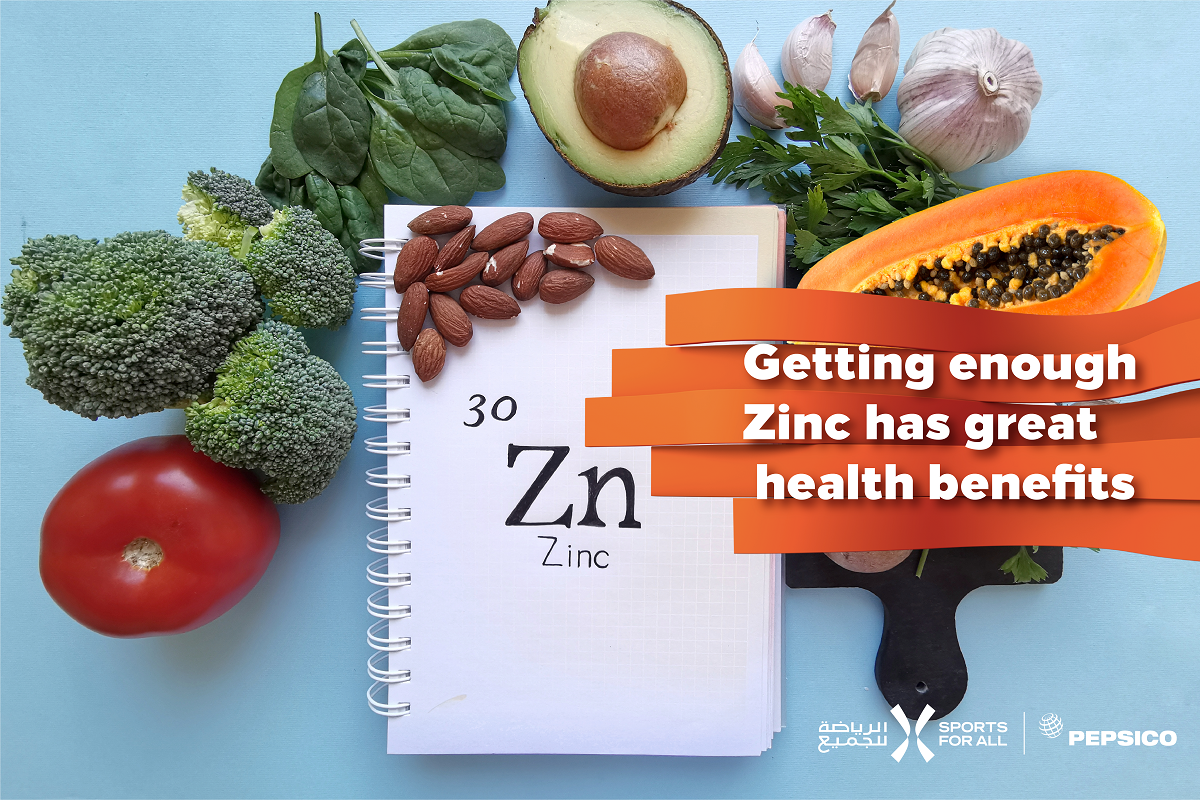Zinc is the nutrient you never knew you needed
Most people don’t know it, but Zinc is considered an essential nutrient for your body to function properly. Not only does it aid in metabolism, digestion and nerve function, but it’s critical for the development and function of our immune cells. Making sure we have enough Zinc in our bodies is key to staying healthy, and if we don’t get enough Zinc, it can lead to a weakened immune system. Taking Zinc supplements can help reduce the length of the common cold significantly, especially in older adults.
Zinc is essential for many of our bodily functions
Zinc helps us stay physically healthy, but it also has many other great benefits. It’s a key nutrient that your body needs in order to heal from physical wounds. Because Zinc helps promote DNA synthesis and protein production, it’s an essential nutrient for overall skin health and is what contributes towards your skin looking vibrant and healthy. Zinc also helps us taste and smell things better, and without enough of it in our body, food can taste rather bland. It’s clear that Zinc is an essential nutrient that works hard behind the scenes to keep your body functioning properly.
Increase your Zinc intake through diet and supplements
- Despite the fact that it’s an essential nutrient, your body doesn’t actually naturally produce Zinc. Instead, you need to obtain it through your diet and in some cases, nutritional supplements. With a varied diet, your body usually gets enough Zinc, but if your diet does not contain enough naturally occurring Zinc, supplements can be a great solution to help boost your levels.
- Some foods are naturally rich in Zinc
Many plant foods are naturally rich in Zinc, making it easy for most people to consume adequate amounts. To boost your Zinc levels, aim to eat foods rich in the nutrient, such as:
-
- Legumes: Chickpeas, lentils, black beans, and kidney beans.
- Nuts and seeds: Pumpkin seeds, cashews, and hemp seeds.
- Whole grains: Oats, quinoa and brown rice.
- Certain vegetables: Mushrooms, kale, peas, asparagus and beet greens.
Healthy Zinc levels for all-round healthy living
While there are great benefits to ensuring sufficient levels of Zinc in your body, you should be careful not to over-consume or over-supplement for it. Overly high Zinc levels can have dangerous side effects, so you should always ensure a healthy balance. Most people will be able to get enough Zinc through their diet, so eating the right foods should be enough to get your Zinc levels just right!
This Healthy Living article was developed by PepsiCo in partnership with the Saudi SFA













